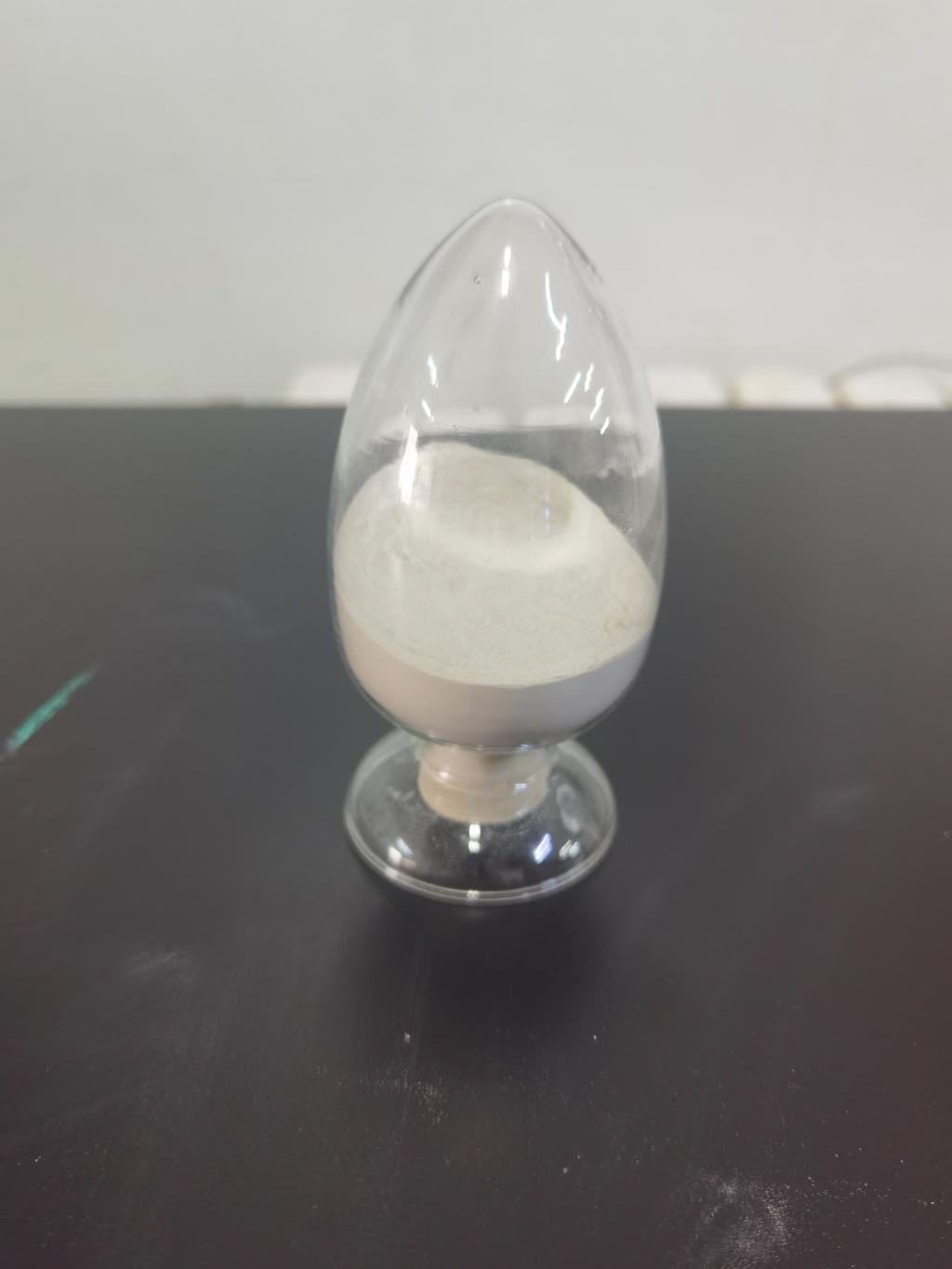Tel:+8618231198596

News
 CONTACT
CONTACT
 CONTACT
CONTACT
- Linkman:Linda Yao
- Tel: +8618231198596
- Email:linda.yao@dcpharma.cn
- Linkman:CHARLES.WANG
- Department:Overseas
- Tel: 0086 0311-85537378 0086 0311-85539701
News
Current Position:
Home >
News
>Nisin applications across various food industries, from dairy to meat.
Nisin applications across various food industries, from dairy to meat.
TIME:2024-04-17
Nisin in Dairy Products:
Dairy products constitute one of the primary sectors where nisin finds widespread application. In cheese production, nisin serves as a natural preservative by inhibiting the growth of spoilage bacteria and pathogens, such as Listeria monocytogenes and Clostridium tyrobutyricum. Addition of nisin to cheese matrices helps prevent late blowing defects and extends the shelf life of cheese products without affecting their flavor or texture.
Similarly, nisin is utilized in yogurt production to control the growth of undesirable bacteria and improve product stability. By inhibiting the growth of Gram-positive bacteria, nisin ensures the safety and quality of yogurt throughout its shelf life, thereby enhancing consumer confidence in the product.
Nisin in Meat and Poultry Products:
In the meat and poultry industry, nisin serves as an effective antimicrobial agent to combat bacterial contamination and spoilage. When applied as a surface treatment or incorporated into marinades and brines, nisin helps inhibit the growth of pathogens such as Salmonella, Escherichia coli, and Listeria monocytogenes on the surface of meat products.
Moreover, nisin can be used in meat curing processes to prevent the growth of Clostridium botulinum and other anaerobic bacteria responsible for causing foodborne illnesses. Its ability to target specific bacteria without affecting the sensory attributes of meat makes it an ideal choice for ensuring the safety and quality of meat products.
Nisin in Bakery Products:
Bakery products, including bread, cakes, and pastries, can benefit from the antimicrobial properties of nisin to extend their shelf life and maintain freshness. When incorporated into dough formulations, nisin helps inhibit the growth of mold and spoilage bacteria, thereby reducing the risk of product spoilage and waste.
Additionally, nisin can be applied as a preservative in fillings, creams, and toppings used in bakery products to prevent microbial contamination and prolong their storage stability. By ensuring the microbial safety of bakery items, nisin contributes to maintaining product quality and meeting consumer expectations for fresh and flavorful products.
Nisin in Canned Foods:
Canned foods, including vegetables, fruits, and seafood, are susceptible to microbial contamination during processing and storage. Nisin offers a natural solution for inhibiting the growth of spoilage organisms and pathogens in canned foods, thereby extending their shelf life and ensuring product safety.
When added to canning brines or incorporated into canning solutions, nisin helps control the growth of heat-resistant bacteria and spores, including Clostridium botulinum. Its efficacy in preventing microbial spoilage enhances the stability and safety of canned foods, allowing consumers to enjoy nutritious and flavorful products with confidence.
Regulatory Considerations and Consumer Acceptance:
The use of nisin in food products is subject to regulatory approval and adherence to established safety standards. Regulatory agencies such as the U.S. Food and Drug Administration (FDA), the European Food Safety Authority (EFSA), and the Codex Alimentarius Commission have evaluated the safety of nisin and established permissible levels for its use in various food categories.
Consumer acceptance of nisin as a food additive is influenced by factors such as labeling transparency, perceived health benefits, and familiarity with the ingredient. Manufacturers can enhance consumer trust by providing clear labeling information and promoting the natural origin and safety of nisin as a preservative.
Conclusion:
Nisin offers a versatile and effective solution for enhancing the safety and shelf life of food products across diverse industry sectors, including dairy, meat, bakery, and canned foods. Its broad-spectrum antimicrobial activity, natural origin, and regulatory approval make it an attractive choice for food manufacturers seeking sustainable preservation solutions.
- Tel:+8618231198596
- Whatsapp:18231198596
- Chat With Skype







